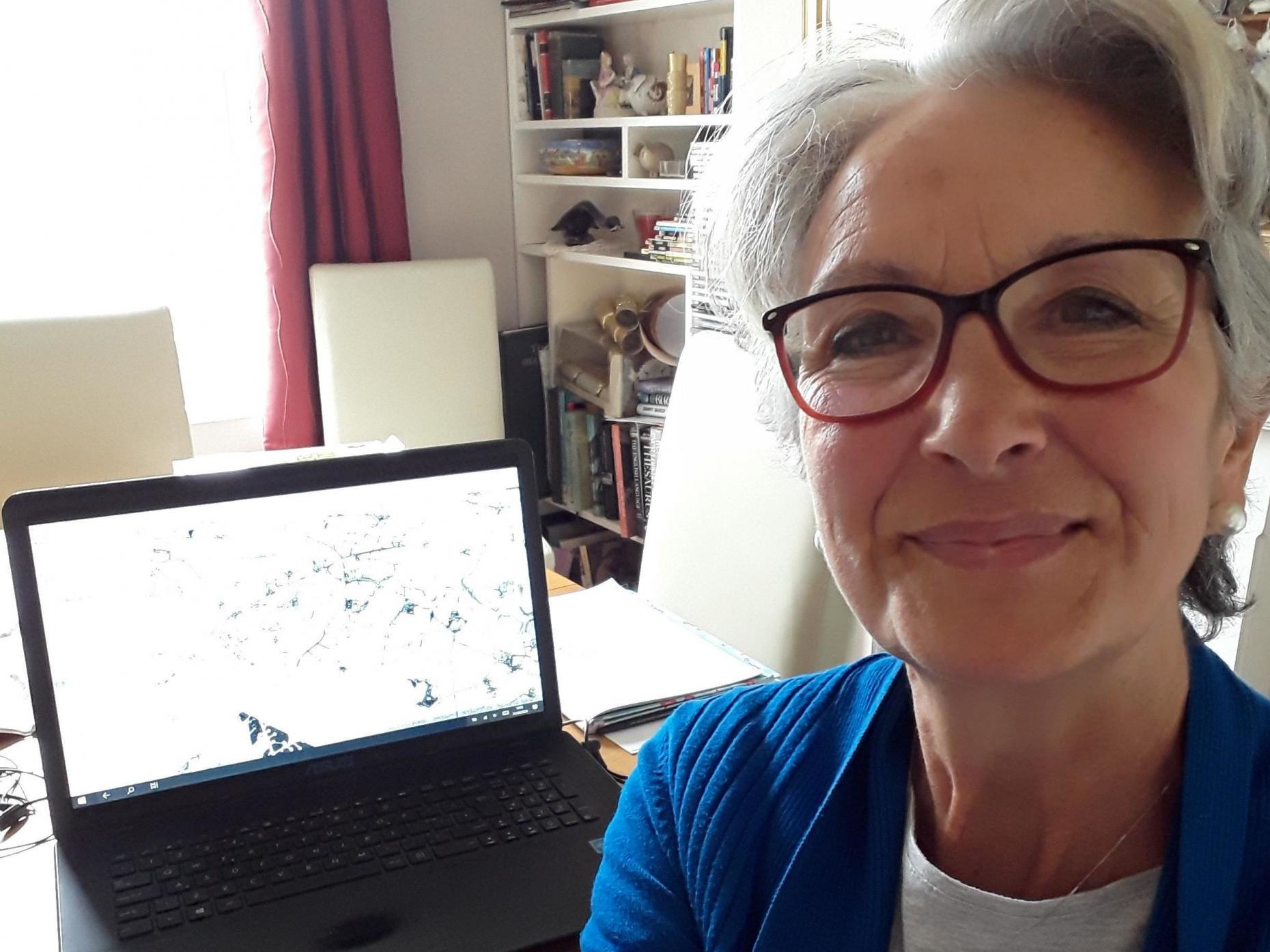Coronavirus: Archaeologists uncover dozens of historic sites — while working from home
Technology allows volunteers to map previously unknown roads, settlements and farms

Archaeology volunteers staying at home during the coronavirus lockdown have discovered dozens of previously unrecorded Roman, prehistoric and Medieval sites.
The team found parts of two Roman roads, around 30 prehistoric or Roman large embanked settlement enclosures, and 20 prehistoric burial mounds.
They also pinpointed the remains of hundreds of Medieval farms, field systems and quarries.
And the project leaders say they expect to make many more discoveries in the coming weeks.
The Devon-based team are analysing images derived from Lidar (light detection and ranging) data, a technique for measuring distances by illuminating a target with laser light and measuring the reflection with a sensor.
Lidar technology is used during aerial surveys to produce highly detailed topographical maps.
Modern vegetation and buildings can be removed from the picture, allowing archaeologists to look at the shape of the land surface to find the remains of ancient earthworks.
The data uncovered is now being examined and cross-referenced with records of known archaeology and historic maps, so the total of new discoveries constantly changes.
Project leader Dr Chris Smart, from the University of Exeter, said: “The southwest arguably has the most comprehensive Lidar data yet available in the UK, and we are using this to map as much of the historic environment as possible.
“The project’s current focus is the Tamar Valley, but this has been extended to include a broad swathe of land between Bodmin Moor and Dartmoor, Plymouth and Barnstaple — about 4,000 sq km in all.
“Ordinarily we would now be out in the field surveying archaeological sites with groups of volunteers or preparing for our community excavations, but this is all now on hold.”
Dr Smart said he knew there would be enthusiasm in the volunteer group to continue working during lockdown, and one member even suggested temporarily rebranding the project ‘Lockdown Landscapes’. “But I don’t think they realised how many new discoveries they would make,” he said.
“I am very grateful to our team for their efforts and am glad that we could continue to do volunteer-led research in these unsettling times. At the current rate we expect them to recognise hundreds of new archaeological sites in the coming month or two.”
He added: “It’s hard for us not to be able to carry out the work we had planned this summer — including an excavation at Calstock Roman fort — but hopefully this is only a temporary blip and we will be back out in the countryside with volunteers as soon as it is safe to do so.”
Additional reporting by PA
Join our commenting forum
Join thought-provoking conversations, follow other Independent readers and see their replies
Comments